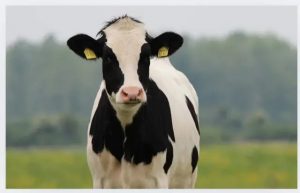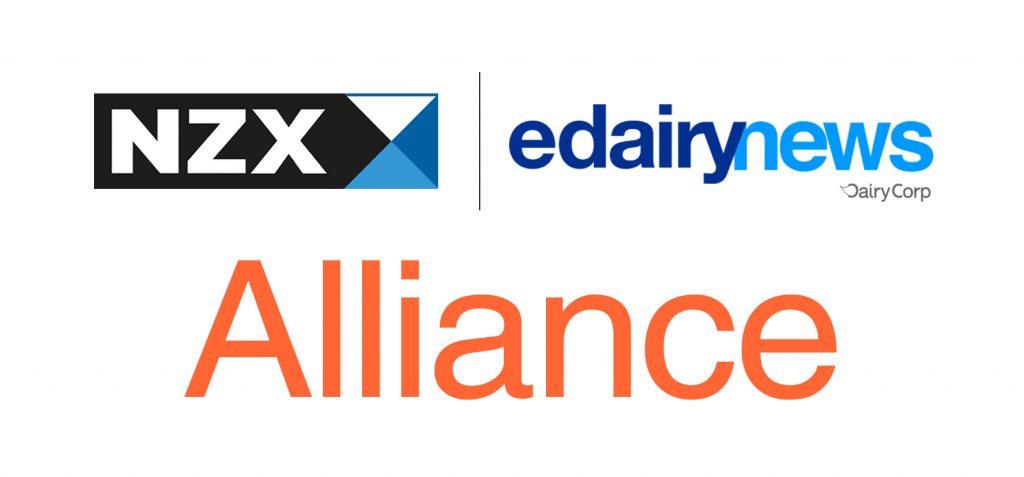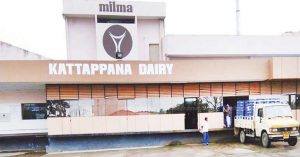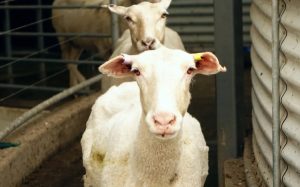On a blindingly sunny day in Inam Mathur in Manikandam block, with the backdrop of mooing cattle and barking dogs, 10 women gather around to talk about their experience of running a milk producers’ cooperative that has helped them become financially independent since 2007.
“Before we formed the cooperative society, we used to sell our milk to vendors for ₹7 per litre. As a group that supplies to Tamil Nadu Co-operative Milk Producers’ Federation Limited (Aavin), we are able to get up to ₹32 per litre today,” S. Valarmathi, treasurer, told The Hindu.
Starting out under the mentorship of SHEPHERD social outreach programme of St. Joseph’s College, Tiruchi, the cooperative’s formal name is TRD. 1688 Inam Mathur Milk Producers’ Cooperative Union.
From an initial intake of 72 women members, the number has come down to 50, as private milk vendors have diverted many of the suppliers. “Cattle owners who were content to receive ₹10,000-₹20,000 as advance, and around ₹24 per litre have gone away from the union. But we got around this by applying for loans to increase our livestock numbers,” says Ms. Valarmathi.
This village of around 320 families has at least two native breed milch cows per household, and approximately 100 animals are milked for the union. Its daily supply to Aavin varies from 65 litres in the hot season, to 250 litres in the cooler months.
The women’s group, whose members range in age from 25 to 57 years, faces an unusual challenge: lack of skilled milkers. “Only 10 of our old members still milk their cows themselves twice daily. The others have to wait for the milkman. Women who cannot milk their cows prefer private buyers because they take care of that task,” she said.
Since the union doesn’t have an official premises, members deliver their milk to the house of Jaya, the president, from 6.30 a.m. to 7 a.m, and 5.30 p.m. to 6 p.m. every day. The person in charge of collection uses a lactometer to check the density of milk in relation to water. “We get readings of around 27-30 on the meter (indicating a normal density of around 1.024 to 1.037 g/l). Nobody can get away with adding water,” says Ms. Jaya.
Aavin has trained union members on quality control protocols and also checks the purity of the milk separately.
Once Aavin takes delivery, it sends the report on the union’s milk output, with the rate earned, on text message to the members’ phones. “Coordinating the timing is very important, because raw milk is perishable, and must reach Aavin’s Tiruchi office in Kottapattu within five hours. We share monthly earnings based on the average of rates equally with all members irrespective of their output, through digital banking,” said Bhuvaneswari, secretary.
Despite price fluctuations, each member can expect to earn an additional income of up to ₹6,000 per month. “We are now using our profits to educate our children. Nearly every house in Inam Mathur has at least one graduate, usually with multiple degrees,” says Ms. Jaya with pride
The SHEPHERD team has been following the union’s progress since its inception. “Milk by-products such as curd, milk powder and cream will add value and increase the women’s income. However it will need a major initial investment in infrastructure such as power supply and cold storage facilities,” said Rev. Fr. Berchmans, SJ, assistant professor and director of the programme.

















